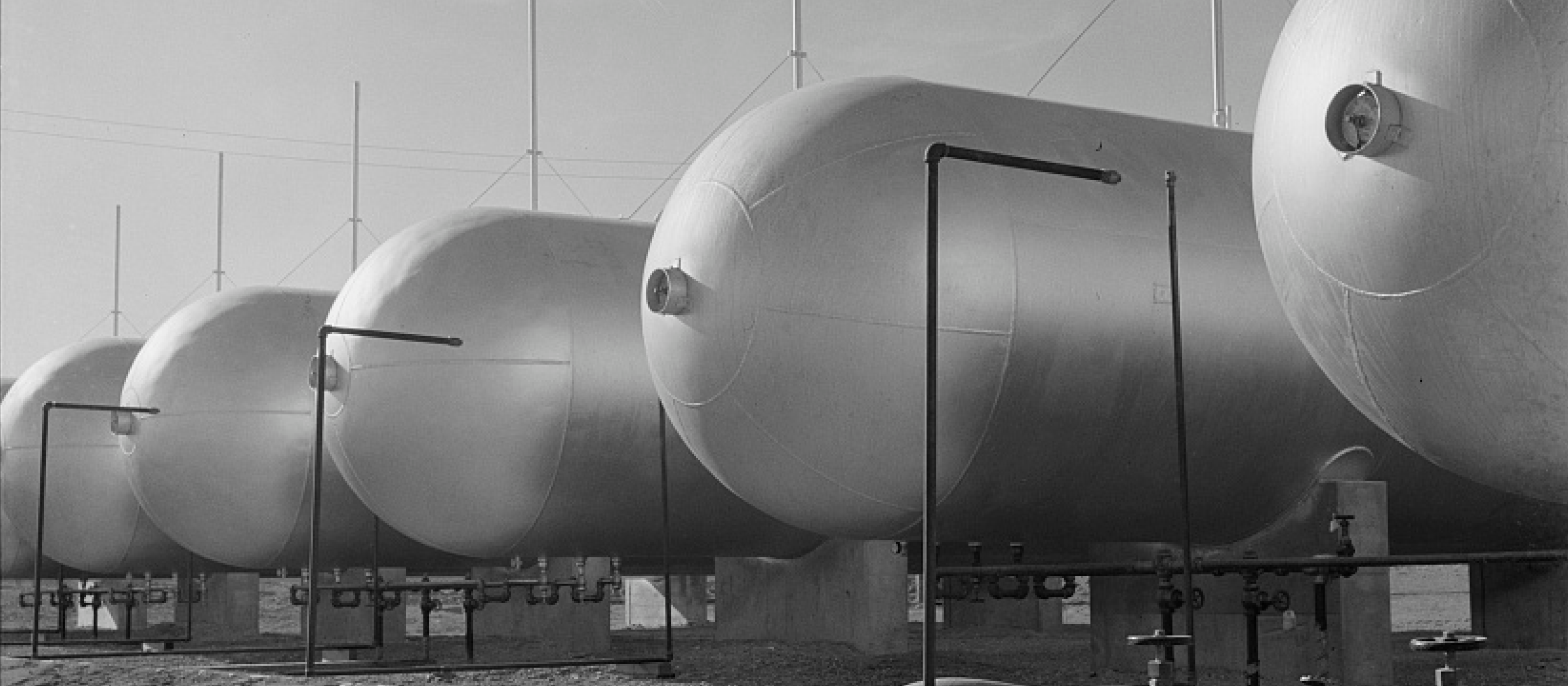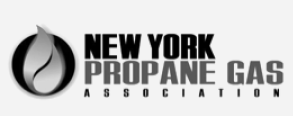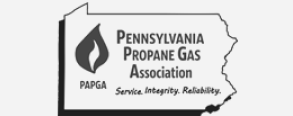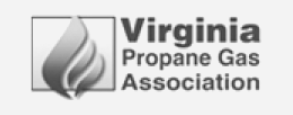

Propane, a versatile and efficient fuel, has become a staple in residential energy use. Its journey from invention to modern application is a fascinating tale of innovation and utility. This blog will explore the historical overview of propane, its development, and its widespread use today.
Early Discoveries: Marcellin Berthelot and Edmund Ronalds
The story of propane begins in the mid-19th century, with the work of two notable chemists: Marcellin Berthelot and Edmund Ronalds.
Marcellin Berthelot, a French chemist, made significant contributions to the understanding of hydrocarbons. In 1857, he conducted experiments that led to the synthesis of numerous organic compounds, including propane. Berthelot’s pioneering work laid the foundation for the study of gaseous hydrocarbons and their potential uses.
Around the same time, Edmund Ronalds, a British chemist, identified propane in light crude oil. Ronalds’ discovery, published in 1864, was crucial in recognizing propane as a distinct component of natural gas and crude oil. His work contributed to the growing knowledge of hydrocarbons and their commercial potential.
The Invention of Commercial Propane
Building on the earlier discoveries of Berthelot and Ronalds, Dr. Walter O. Snelling, an American chemist, made a groundbreaking discovery in 1910. While investigating the volatile components in gasoline, Snelling found that propane could be compressed into a liquid and stored in portable containers. This discovery was pivotal, as it paved the way for the commercial use of propane.
Snelling's work led to the creation of the first propane gas company, the American Gasol Co., in 1912. Propane's ability to be transported and stored easily made it an attractive alternative to other fuels.
Early Development and Commercialization
During the 1920s and 1930s, propane began to gain traction as a reliable energy source. It was initially used for industrial purposes, such as metal cutting and welding. The portability and high energy content of propane made it a popular choice for these applications.
The 1940s saw a significant increase in propane production and usage, driven by World War II. The demand for portable and efficient fuel sources for military operations led to advancements in propane technology. After the war, the surplus of propane infrastructure facilitated its entry into the residential market.
Propane in Residential Use
The post-war era marked the beginning of propane's prominence in residential energy. In the 1950s, propane-powered appliances, such as stoves, water heaters, and furnaces, became common in American homes. The rural electrification program, which aimed to bring electricity to rural areas, also contributed to the popularity of propane, as many remote locations still relied on gas for energy.
Propane's clean-burning properties and efficiency made it an attractive alternative to coal and wood. It provided a reliable source of heat and power, especially in areas where natural gas pipelines were not available.
Modern Applications of Propane
Today, propane is used in a wide range of applications beyond residential heating and cooking. It powers vehicles, including forklifts and fleet trucks, offering a cleaner alternative to gasoline and diesel. Propane is also used in agriculture for crop drying, weed control, and as a fuel for irrigation pumps.
The rise of outdoor living spaces has boosted propane's popularity for grilling, patio heating, and pool heating. Propane's environmental benefits, such as low emissions and non-toxicity, align with the growing demand for sustainable energy solutions.
The Future of Propane
As the world moves towards renewable energy sources, propane continues to evolve. Renewable propane, produced from sustainable sources such as biomass, is emerging as a promising alternative. This new form of propane retains the benefits of traditional propane while reducing the carbon footprint.
Innovations in propane technology, such as high-efficiency propane boilers and combined heat and power systems, are enhancing its efficiency and environmental performance. Propane's versatility and adaptability ensure its continued relevance in the energy landscape.
From the foundational discoveries of Marcellin Berthelot and Edmund Ronalds to the groundbreaking work of Dr. Walter O. Snelling, propane has played a crucial role in the evolution of energy use. Its journey from an industrial fuel to a residential staple highlights its versatility and efficiency. As we look to the future, propane's potential for sustainable energy solutions ensures that it will remain an integral part of our energy mix.
By understanding the history and development of propane, we can appreciate its impact on our daily lives and its potential to contribute to a cleaner, more sustainable future. Learn more about how Tankfarm can you help you with all your propane needs.















